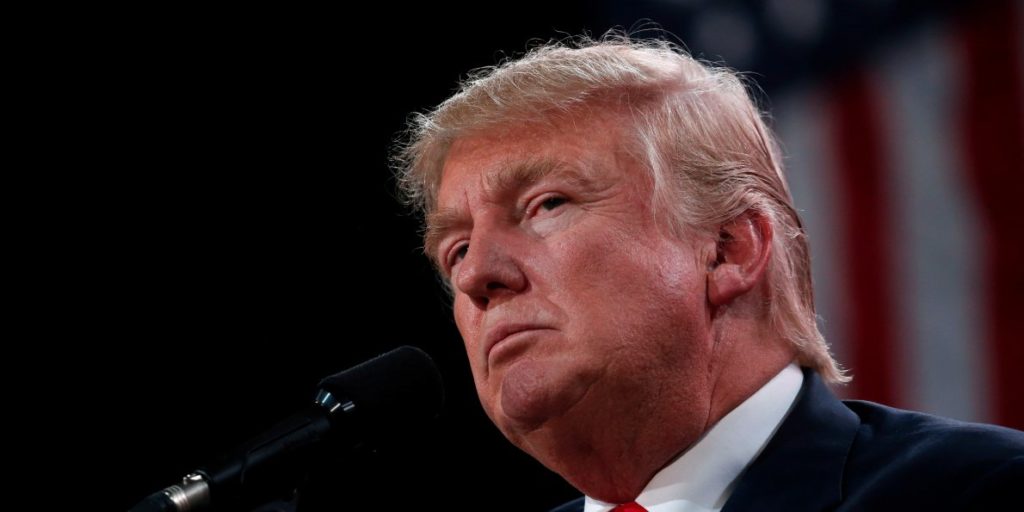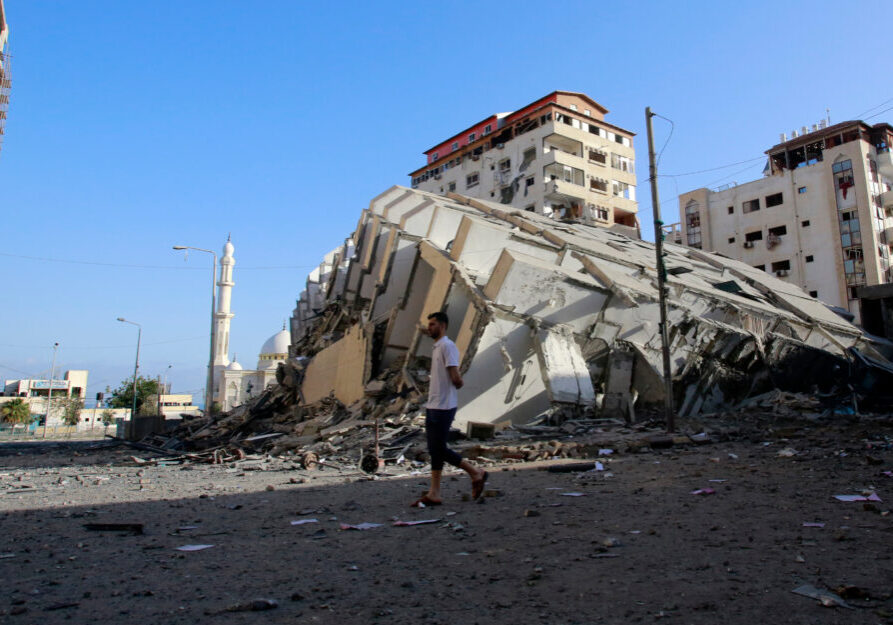Australia/Israel Review
What Trump can do about Syria
Mar 31, 2017 | Dennis Ross

Dennis Ross
Forging a coherent policy on Syria would tax any administration. One critical priority is defeating ISIS in a way that neither leaves a vacuum nor fosters deeper sectarian differences after liberating Raqqa.
Another is managing Turkey’s opposition to our arming and use of the Kurdish Peoples Protection Forces in fighting ISIS – and making sure that Turkey does not confront the Kurds instead of the so-called Islamic State.
And, of course, this says nothing about the efforts to bring to an end the war that the Assad regime has largely inflicted on the Syrian people.
In this connection, Russia with the help of Turkey has worked out a tenuous ceasefire in Syria; the odds of its holding and turning into a real political process are poor. Assad has killed too many Syrians for any significant part of the opposition to accept his long-term presence.
And yet the Russians remain wedded to the Assad regime and inclined to believe they can bludgeon Syrian rebel forces into submission.
Perhaps that will change. It should.
Indeed, as the Trump Administration considers whether it will cooperate militarily with Russia in Syria, it should insist that striking the non-ISIS, non-jihadi groups, including those the US has supported, must stop.
To be sure, there is another even more important test by which to judge whether we should cooperate with the Russians. Put simply, Russia needs to stop abetting the power of the Iranians and their Shi’ite militia proxies. Enhancing Iran’s reach and presence is shifting the balance of power in the region against our Arab partners; moreover, it also deepens the sectarian divide within Syria – and that has made it harder to gain Sunni support inside and outside of Syria.
The irony is that it was the growth of sectarianism that contributed to the rise of ISIS in the first place in both Iraq and Syria – and once ISIS is defeated in Raqqa, the great danger is that Iran’s preference for sectarian policies (and politics) will once again produce the kind of alienation and exclusion of Sunnis that makes the next incarnation of ISIS almost a certainty.
That cannot be what the President wants.
At a minimum, therefore, the key to any cooperation with the Russians in Syria must be Russia’s distancing from the Iranians and their Shi’ite militia instruments. Should this happen, Putin would demonstrate he sees what Iran is doing in the region and he is ready to join us in countering it.
Don’t bet on this happening. The hints one hears from the Russians on not necessarily being tied to Assad or to the Iranians are belied by their actual behaviour. Leave aside the growing signs of Russian economic and military dealings with Iran, and look at how the Russians have operated in Syria: They use indiscriminate air power to back the Iranian-guided Shi’ite militias on the ground.
Given the shortage and ineffectiveness of Assad’s military forces, these are the shock troops that are covered by Russian air strikes as they to seize and hold ground and secure the Assad regime. If, as is likely, a low-level insurgency continues and becomes more prominent, the Russian stake in Iran and the Shi’ite militias will go up and not down.
So cooperation with the Russians in Syria may not be likely, even if the President and his key advisers genuinely are ready to test its possibilities.
Should the Russians fail the tests, and should the administration decide to keep its focus largely on ISIS and not the Assad regime, its policy needs to keep one other factor in mind. Iran and Hezbollah are in Syria for the long haul. They haven’t paid the price in casualties to withdraw and, at this point, Assad is a wholly owned subsidiary. Their larger strategic interest is not just keeping a corridor to Lebanon through Syria; it is to open a new front against Israel through Syria.
Iran’s hostility to Israel is not tactical, it is strategic, and it will seek to exert greater pressure on Israel from its expanding base in Syria over time.
The Israelis will surely resist this. But so should the Trump Administration. Part of being Israel’s strategic partner means backing it when it is countering new threats. In this case, the Administration should bluntly warn the Russians against Iran and Hezbollah seeking to establish a position in southern Syrian adjacent to Israel and Jordan.
It should be clear that we will support Israeli actions to prevent any such movement southward – and if there is an escalation, the United States will materially back Israel and be ready to offer any assistance that Israel might require. The Iranians should know they are playing with fire, and that message should be conveyed by the United States, not just Israel.
Ambassador Dennis Ross is William Davidson Distinguished Fellow at the Washington Institute for Near East Policy and previously served as a Middle East official and mediator in several US administrations. His most recent book is Doomed to Succeed: The US-Israel Relationship From Truman to Obama. Reprinted from the New York Daily News (www.nydailynews.com). © Washington Institute, reprinted by permission, all rights reserved.
Tags: Syria






